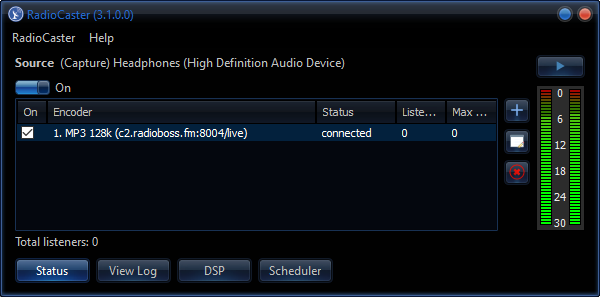


The present study clarifies the impact of acute breakfast omission and adds novel insights into second-meal metabolism.Īppetite hormones Breakfast skipping Energy intake Insulin sensitivity Second-meal effect.Hit100.9 previously 100.9 Sea FM, began as Triple T in 1990. Extending morning fasting until lunch altered subsequent metabolic and hormonal responses but without greater appetite during the afternoon. Breakfast increased some anorectic hormones during the afternoon but paradoxically abolished ghrelin suppression by the second meal. In conclusion, morning fasting caused incomplete energy compensation at an ad libitum lunch.

There were no differences between trials in subjective appetite during the afternoon. Insulin concentrations were greater during the afternoon in the morning fasting trial (all P< 0.01). Systemic concentrations of peptide tyrosine-tyrosine and leptin were greater during the afternoon following breakfast (both P< 0.05) but neither acylated/total ghrelin concentrations were suppressed by the ad libitum lunch in the breakfast trial, remaining greater than the morning fasting trial throughout the afternoon (all P< 0.05).

Lunch intake was greater following extended fasting (640 (sd 1042) kJ, P< 0.01) but incompletely compensated for the omitted breakfast, with total intake lower than the breakfast trial (3887 (sd 1326) v. Blood samples were obtained hourly throughout the day until 3 h post-lunch, with subjective appetite measures assessed. 1963 (sd 238) kJ), before an ad libitum lunch 3 h later. In a randomised cross-over design, thirty-five lean men (n 14) and women (n 21) extended their overnight fast or ingested a typical carbohydrate-rich breakfast in quantities relative to RMR (i.e. Breakfast omission is associated with obesity and CVD/diabetes, but the acute effects of extended morning fasting upon subsequent energy intake and metabolic/hormonal responses have received less attention.


 0 kommentar(er)
0 kommentar(er)
